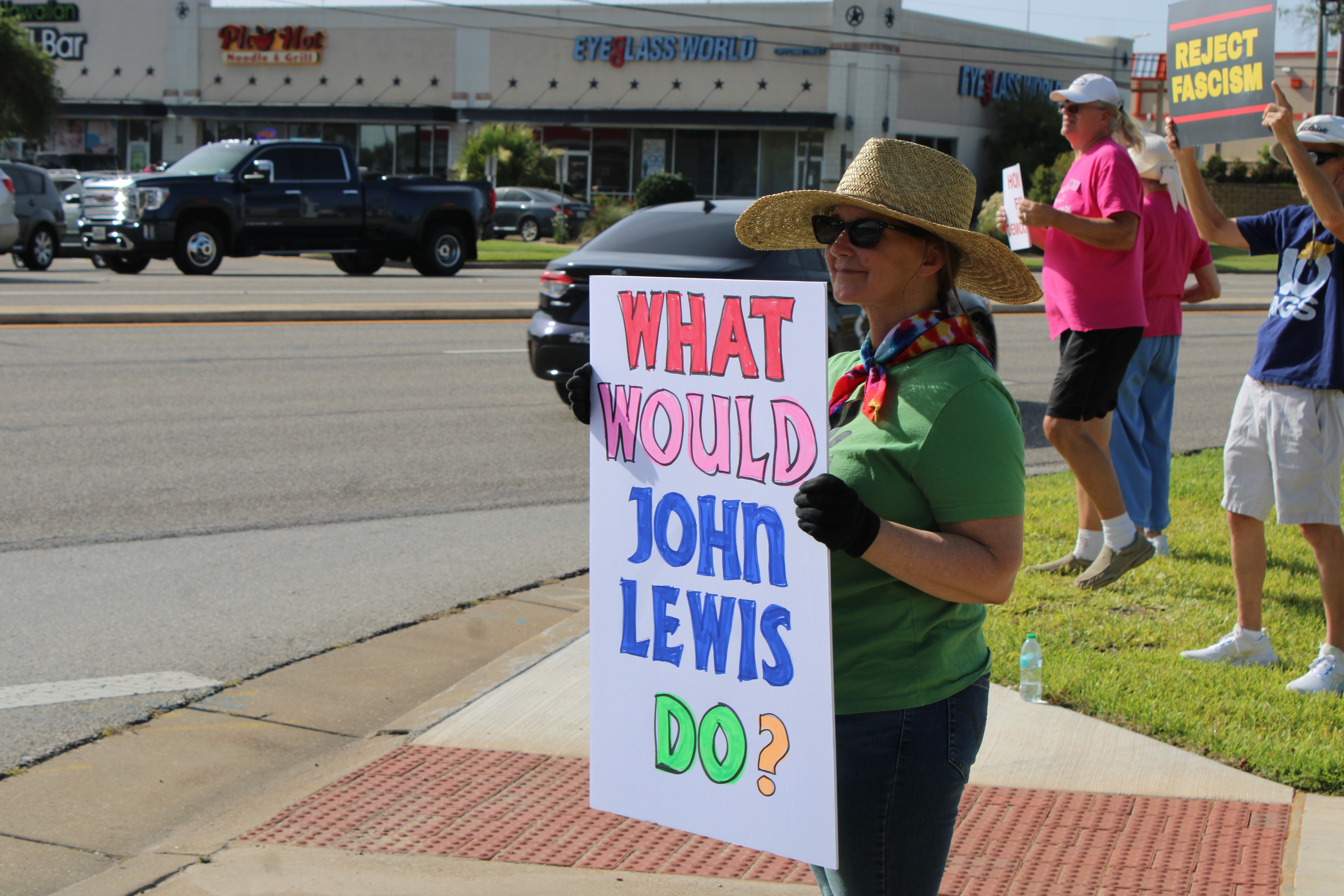American dream is achievable for all
Published 5:03 am Wednesday, August 12, 2015
When all you have is a hammer, it’s often said, every problem looks like a nail. With society’s focus on race these days, every problem, from poverty to illness, can look like a racial issue. In a more intellectually robust time, this would have been dismissed as monomania. We’ve given it a new name, obsession.
It’s the thought – the single thought – behind Salon’s latest piece, “Meritocracy is a massive lie: Race, inheritance and the truth about the rigged American dream.” In it, author Danny Dorling claims, “Upward mobility has become a mirage: the rich have never had more wealth, the rest of us have never had so much debt.”
Trending
It’s all because of race, he says.
“Race is often proposed as the reason for the absence of an American welfare state,” he writes. “The U.S. does have a cut-down version of a welfare state, but properly functioning welfare states require a degree of mutual trust and understanding, greater than that which has been common in the U.S. When trust is absent, it is very hard to establish widespread support for a system where those who have fallen on hard times through sickness or worklessness will be supported until they are better, or back in work, or both.”
That’s true enough, but it underestimates the extent of the social safety net in the U.S., both public and private. America’s “welfare state” might not be up to Scandinavian standards, but there’s a system in place to provide assistance to families in need, from birth to death, particularly those who “have fallen on hard times, through sickness or worklessness” (unemployment).
There’s also a network of private-sector efforts – East Texas is bursting with ministries and charities, for example. That’s a far truer measure of compassion – when it’s voluntary.
But really, Dorling’s article is a lengthy defense of the inheritance tax.
“Until recently in the U.S., the myth that all could become rich was so strong that even a majority of the very poorest voters were in favor of abolishing inheritance tax, called (the) estate tax,” he writes. “This was despite the fact that less than 1 percent ever pay such taxes.”
Trending
There’s a racial component here, too, in Dorling’s mind.
“Taxes, including inheritance tax, should be transfers of wealth from rich to poor,” he contends. “Protecting inheritance is all about maintaining unfairness. Inheritance preserves privilege and prejudice, and without it there would be precious little privilege or prejudice based simply on accruing power from accumulating money.”
But Dorling’s claim is false. It’s not wrong to want to leave the fruits of your labor to your children – why else are you working? The fundamental “unfairness” of the inheritance tax is in taking from me what I earned (and already paid taxes on) and wish to leave to my family.
As Congressman Darrell Issa points out, eliminating the inheritance tax altogether would free up more than $1.6 trillion for job creation in the private sector, an amount that former CBO Director Douglas Holtz-Eakin estimates would generate 1.5 million new jobs.
The American dream isn’t rigged. And it’s not dead.







